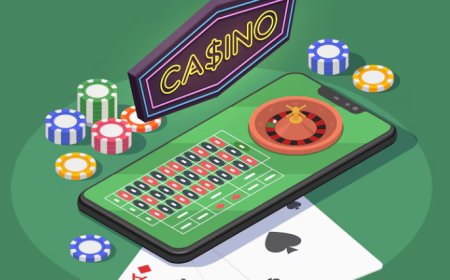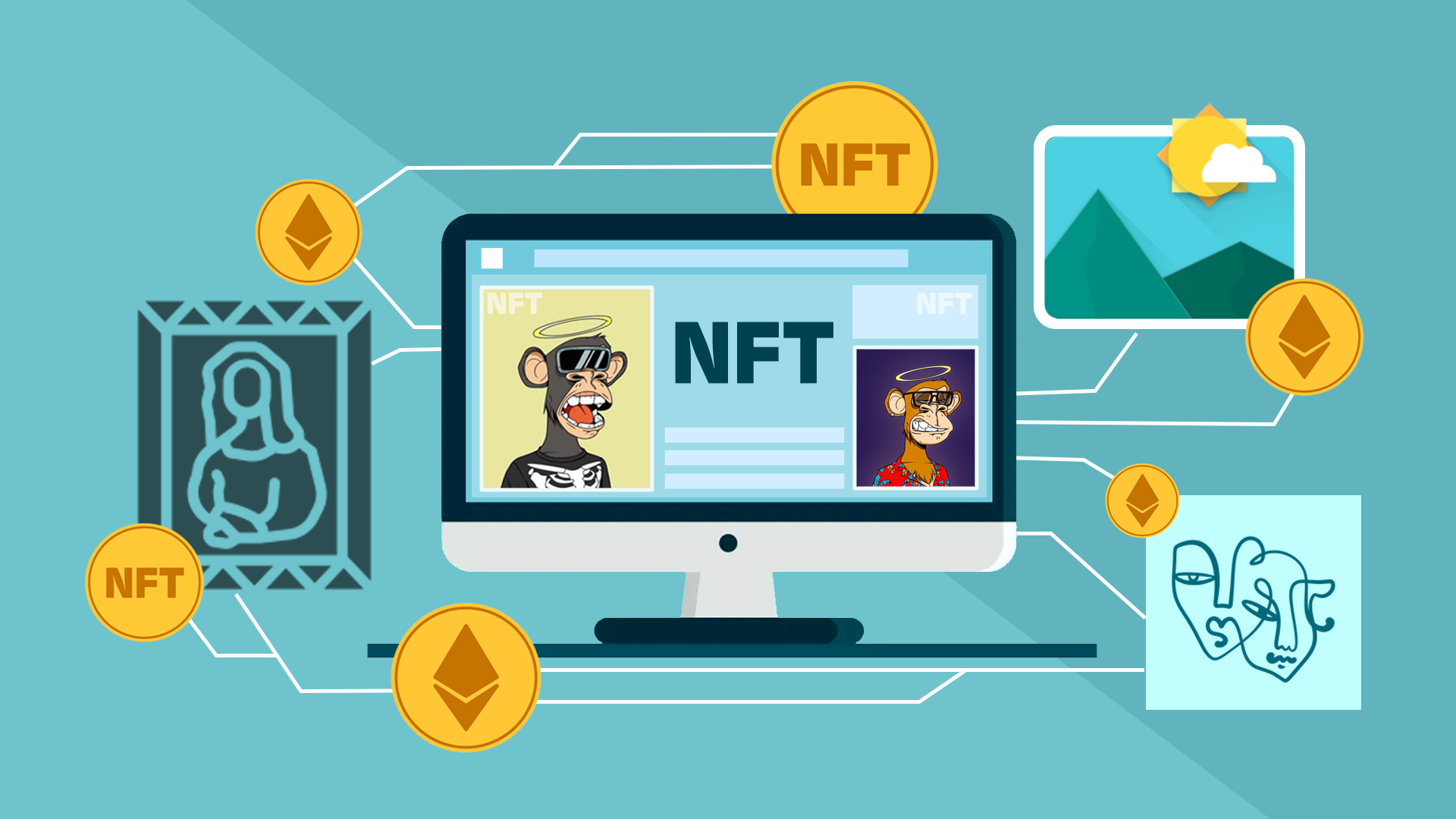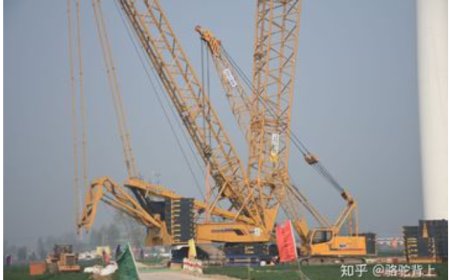The Transformation of a Powerless Pawn into a Formidable Kingmaker
Discover the inspiring journey of a powerless pawn rising through strategy and resilience to become a formidable kingmaker in a high-stakes world.

In the intricate games of life, politics, business, and even personal evolution, few metaphors are as compelling as the journey of a pawn rising to become a kingmaker. The transformation from insignificance to influence captures the imagination across cultures and disciplines. Much like in chess, where a pawnthe weakest piece on the boardcan journey to the other side and become a queen, this metaphor encapsulates the essence of perseverance, strategic growth, and calculated ambition. This article explores that evolution, unpacking what it takes for someone once considered irrelevant to become a decisive force shaping the outcomes of those once deemed far above them.
From the Shadows to the Center
At the heart of every transformation is a moment of realizationa spark that ignites change. The powerless pawn begins their journey from the shadows, underestimated, often overlooked, and rarely taken seriously. Their contributions may go unnoticed, and their value remains hidden beneath layers of hierarchy, power dynamics, or self-doubt.
However, what separates the future kingmaker from those who remain pawns is the refusal to be defined by their current position. These individuals begin to learn, adapt, and observe. They master the nuances of the systems they are part of, be it an organization, a political movement, or a personal circle of influence. Every step forward is deliberate, even when progress seems invisible to others.
Importance of Strategy
One of the most critical traits in this transformation is strategic thinking. Pawns who aspire to become kingmakers must understand the game they are playing. They learn to read people, anticipate moves, and calculate consequences. Their patience becomes their strength. They know that impulsiveness is the enemy of progress when power is still out of reach.
In many cases, the pawn operates quietly. They align themselves with mentors, gain access to resources, and position themselves advantageously. While others may seek the spotlight prematurely, the aspiring kingmaker understands that true power often lies behind the scenes. They bide their time, accruing influence slowly, brick by brick.
Learning Through Adversity
No transformation story is complete without struggle. The path from powerlessness to power is never linear, and often, it's riddled with failure, rejection, and isolation. However, it is in these moments of adversity that the pawn learns resilience. They discover their core strengths, refine their vision, and solidify their purpose.
Adversity teaches the pawn that emotional intelligence is as crucial as tactical brilliance. Learning when to speak and when to remain silent, when to act and when to waitthese lessons come at a cost. But through adversity, the pawn becomes sharper, more grounded, and unshakable in their pursuit.
Building Alliances and Influence
At a certain point, the pawn starts to influence outcomes. No longer simply reacting to the movements of others, they initiate actions of their own. They build alliances not just for personal gain but to reshape the environment they operate in. They understand the value of reciprocity, loyalty, and trust.
By empowering others, the future kingmaker multiplies their reach. They become a hub of connectivity, a person who bridges gaps and brings conflicting parties to the table. Influence is no longer about domination but about orchestration. Power begins to flow toward them, not because they demand it, but because they have become indispensable.
Psychological Shift
An equally important part of the transformation is internal. The individual begins to shed their old identitythe narrative of being "just a pawn." This psychological shift is powerful. Confidence replaces doubt. Purpose replaces confusion. The kingmaker no longer waits for opportunities; they create them.
In this state, the former pawn begins to see the board differently. They are no longer focused on surviving the next move but on controlling the tempo of the entire game. This shift in perception is what separates temporary success from lasting legacy.
Case Studies in Real Life
History and literature are filled with examples of individuals who underwent such transformations. Consider figures like Alexander Hamilton, once an orphaned immigrant, who became one of the most influential founding fathers of the United States. Or Malala Yousafzai, whose journey from a silenced schoolgirl to a Nobel laureate reshaped global conversations about girls' education. These individuals began with little or no power but transformed through relentless drive and vision.
Their stories mirror the classic arc of transformationstarting from obscurity and rising to prominence, not by accident, but through design.
Literary Interpretations and Symbolism
This narrative has also found powerful expression in literature, where fictional characters serve as mirrors to these real-life transformations. One such compelling exploration is captured in Pawn to King's End, a book that distills this metaphor into a gripping tale of personal ascension and systemic upheaval.
In this narrative, the protagonist begins as a powerless figure, seemingly at the mercy of stronger forces. Yet through wit, resilience, and an almost obsessive strategic acumen, they rise to become the architects of a new order. The story captures not just the steps of transformation but the inner turmoil, sacrifices, and moral ambiguity that often accompany such a journey. For those interested in a deeper literary dive into this concept, the Pawn to King's End book overview provides an insightful window into how fiction mirrors the realities of power and transformation.
Ethics of Power
However, with power comes responsibilityand temptation. As the pawn becomes a kingmaker, they must confront ethical dilemmas. Will they use their power for personal glory or to serve a greater cause? Will they replicate the oppressive systems they fought to escape or pioneer a more equitable structure?
These questions define the final stage of the transformation. True kingmakers are not just powerfulthey are principled. Their legacy depends not just on what they achieve, but on how they achieve it and who they uplift along the way.
Conclusion
The transformation of a powerless pawn into a formidable kingmaker is more than a tale of ambition; it is a blueprint for meaningful change. It shows us that power is not reserved for the privileged or the loudest voices, but for those who persist, learn, and evolve.































